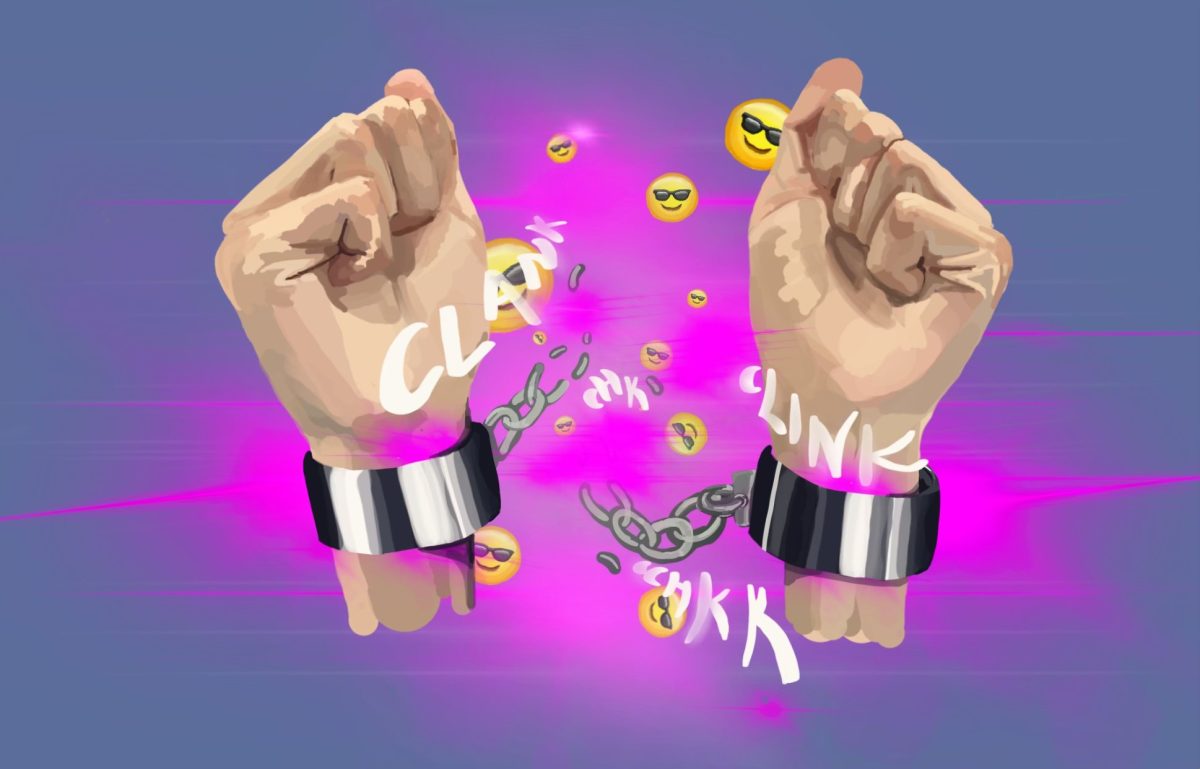Since I’m slated to study abroad next quarter, I’ve been receiving boatloads of information about what to expect. As one would hope, the packet provided by the Study Abroad office had a lot of useful content, such as explanations of tipping customs and public transportation options. Nestled in there, though, was also a lengthy section about anticipating culture shock. I admit that I was rather surprised to see it, mostly because saying that going to another country might result in culture shock seemed to be like saying fire is hot or water is wet. Good to know, but not something that I would have expected to be new information for most people.
I recognized soon afterward that what seemed obvious to me was probably not as obvious to other people. Depending on a person’s background, the opportunity (or misfortune) to experience culture shock may not yet have arisen. But, to steal a turn of phrase from 30 Rock’s Jenna Maroney, my whole life is culture shock.
Naturally, I’ve experienced culture shock when traveling abroad, but in many instances, I didn’t even have to leave Chicago to go through it. For example, high school marked the first time I met so many people from non-parochial private schools or from the North Side of the city. College was an even bigger transition, with a student body significantly more conservative than that of my high school and that included a hefty proportion of people hailing from the suburbs. On one hand, I enjoy observing the spectrum of human behavior and viewpoints by entering new environments. On the other hand, it’s not that thrilling to have to play by a different set of rules every few years, especially if I have to figure out what those rules are in the first place.
While there are plenty of arguments to be made for the value of experiencing culture shock abroad (promoting cross-cultural understanding, sparking an interest in foreign affairs, bringing about world peace, etc.), I think that everybody needs to experience culture shock a little closer to home too. When one goes abroad, there’s so much hullabaloo over travel arrangements, language differences, souvenirs, and endless photos that it’s tempting to think of the experience in grand terms—a coming of age, one that brings with it an increased sense of sophistication or a greater understanding of humanity. On the other hand, the experience might seem so far removed that its import to day-to-day life might seem limited.
However, experiencing culture shock closer to home can be useful for understanding the value of cultural capital, which suggests that success (typically of the socioeconomic variety) can be predicated in part on the knowledge one picks up from being assimilated into a culture. Cultural capital is a term that seems to get people to tune out, even in the classroom, because they try to avoid talk of anything that might veer into sociology, a subject that often serves as a punch line to jokes about the uselessness of the liberal arts. It also tends to get dismissed because, by nature, cultural capital is used unconsciously.
Navigating through life while in possession of cultural capital can be likened to Dom Cobb’s description of dreaming in Inception: “It’s only when we wake up that we realize how things are actually strange. Let me ask you a question, you…you never really remember the beginning of a dream, do you? You always wind up right in the middle of what’s going on.” Likewise, there are pieces of knowledge whose origin can be hard to trace. For example, while I can remember learning my multiplication tables or about Christopher Columbus sailing the ocean blue, I can’t tell you when I learned that people shake right hands during introductions or that elbows should be kept off the dinner table. The behaviors I listed probably seem obvious to you, which makes it easy to forget that people don’t spring into existence knowing these customs.
It would be trite to say that culture shock is like waking up, but it’s a helpful reminder that one’s life is not fundamentally “the way things are.” That moment of utter bewilderment when encountering a community with a drastically different ethos forces one to slow down and think. Visiting exotic locales isn’t the only way to experience culture shock. It could start with something as simple as reading the writings of someone who grew up with a completely different lifestyle (though the Internet has made it increasingly easy to avoid material we disagree with). It might be hard to accept that other people make different choices or hold different opinions because our own conclusions seem to flow logically from our premises, but you have to remember that people start with different premises. If you seek to help or persuade others, communication is more effective when you understand how they’ve arrived at where they are.
Jane Huang is a third-year in the College.







